Tool Test: Benchtop Mortisers
These fast, accurate drilling machines cut square holes easily. Know what to look for when you're ready to buy.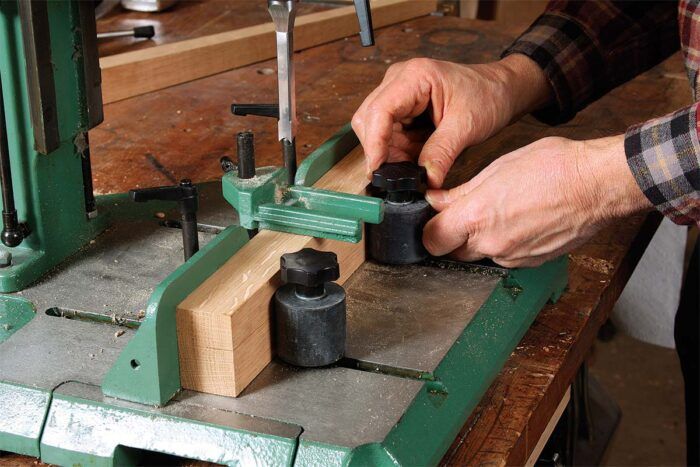
Synopsis: The hollow-chisel mortiser cuts square holes quickly and accurately. The machine’s head is fitted with a square, hollow chisel with a drill bit running through the center. As you plunge the chisel and bit into the wood, the bit removes most of the waste, and the chisel squares up the hole. Benchtop mortisers have enough power to plunge a chisel up to 1⁄2 in. square into hardwoods, and they cost significantly less than larger, floor-standing machines. Roland Johnson reviews these machines.
The mortise-and-tenon might not be the most glamorous furniture joint (there is no denying the dovetail’s beauty), but it’s strong, reliable, and versatile, suitable for tables, chairs, casework, and more. Many woodworkers, however, find the mortise half of the joint to be a challenge. To cut it by hand you need only a chisel and mallet, but it takes time to learn the technique. Drilling or routing out the waste and then squaring up the walls with a chisel also works, but it, too, is time-consuming.
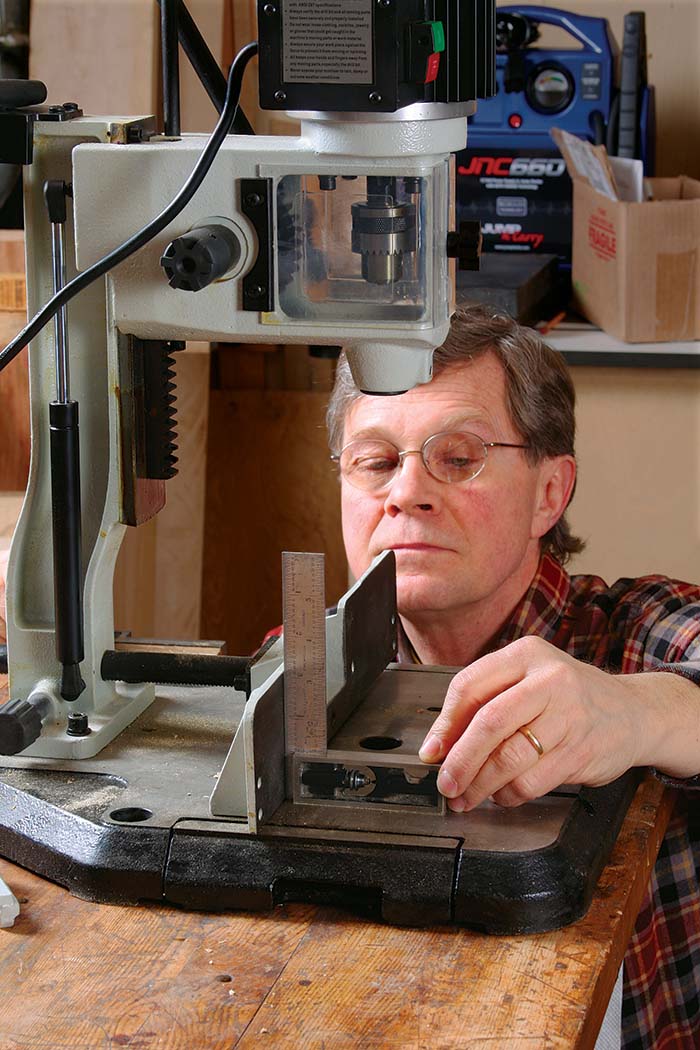 A better tool for the job is the hollow-chisel mortiser, which cuts square holes quickly and accurately. The machine’s head is fitted with a square, hollow chisel with a drill bit running through the center. As you plunge the chisel and bit into the wood, the bit removes most of the waste, and the chisel squares up the hole.
A better tool for the job is the hollow-chisel mortiser, which cuts square holes quickly and accurately. The machine’s head is fitted with a square, hollow chisel with a drill bit running through the center. As you plunge the chisel and bit into the wood, the bit removes most of the waste, and the chisel squares up the hole.
Although mortisers come in a variety of sizes, a benchtop model will cut just about every mortise you’d need for furniture. Benchtop mortisers have enough power to plunge a chisel up to 1⁄2 in. square into hardwoods, and they cost significantly less than larger, floor-standing machines. Plus, they are light and small enough to store out of the way when not in use.
I tested the 13 benchtop models available to find out which performs the best and which is the best value. First, though, I’ll tell you what to look for.
Power, leverage, and ease of use
It’s not easy to plunge a chisel and drill bit simultaneously into wood, so a mortiser needs a strong motor, and a handle that creates leverage. I tested all of the machines with the same 1⁄2-in. bit from Charles Schmidt and Company (sharpened between machines). With models that have less than 3⁄4 hp, you’ll need to slow the feed rate in harder woods to keep the chisel and bit from clogging. However, most furniture mortises are between 1⁄4 in. and 3⁄8 in. wide, and all of the machines easily cut mortises in that range. For leverage, you want a longer handle, and it’s better if it is easy to adjust.
Most important is how easy the mortiser is to use. Adjustments to the fence shouldn’t require a tool. The depth stop should be simple and quick to operate without tools. And the drill chuck should be easily accessible.
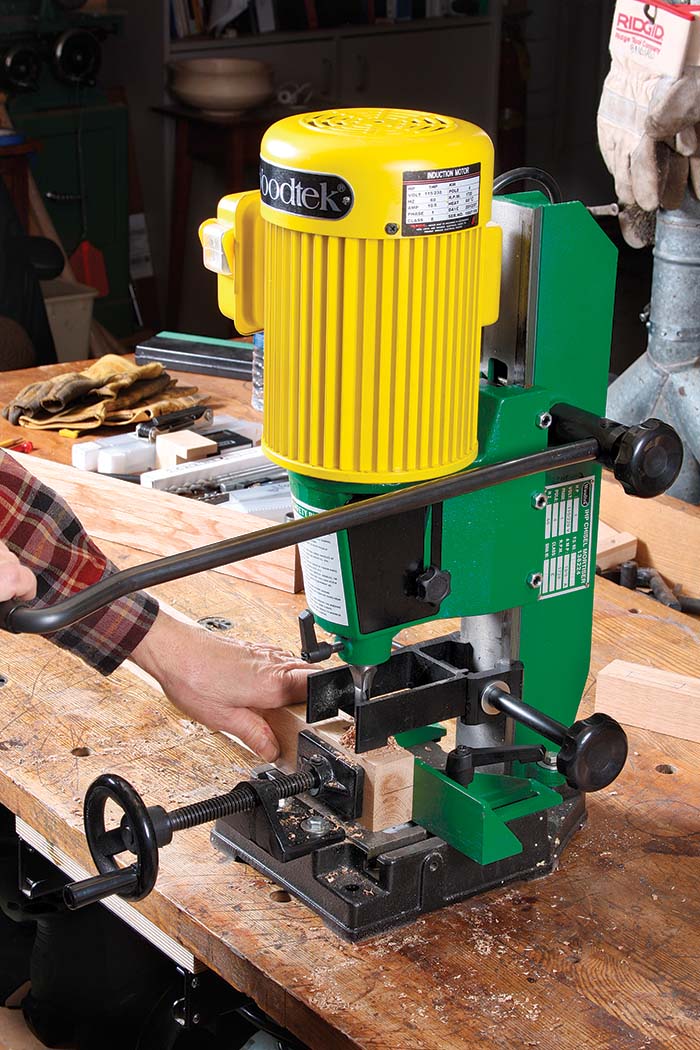 Two mortisers rise to the top
Two mortisers rise to the top
All of the machines tested, except for the one from Baileigh Industrial, are capable of cutting mortises accurately and maintaining their settings so that you can cut a series of identical mortises. However, the power and convenience of the Powermatic PM701 and General International 75-050T make them stand out. The Powermatic has a powerful 3⁄4-hp motor, so it cuts quickly, even with a 1⁄2-in. chisel. It’s also the most user-friendly. Every adjustment (except the drill chuck) is made without a tool, and the stop, fence, and hold-down moved smoothly and easily. The fence locks down with two cam levers—simple, effective, and fast. Access to the drill chuck is easy via a door that snaps open easily; inside, there’s plenty of room for the chuck key and your hand.
The General International 75-050T is a great machine, too. The only mortiser in the test with a tilting head, it’s the best choice for anyone who cuts angled mortises on a regular basis, like a chair maker. The head also rotates, so you can cut mortises on parts that wouldn’t fit under the chisel otherwise. (The Shop Fox has this feature, too.)
The Wood River mortiser is the Best Value among these machines. It has a big table with extensions, rollers to hold parts against the fence, and you can reposition the lever with one hand.
Read the full article by clicking on the pdf below.
Fine Woodworking Recommended Products
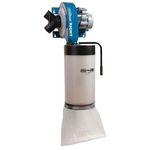
Rockler Dust Right 1250 CFM
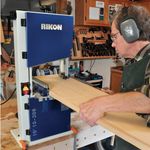
Rikon 10-3061 10-in. Deluxe Bandsaw
The saw has two speeds: 3,280 sfpm (surface feet per minute) for wood and 1,515 sfpm for soft metals and some plastics.
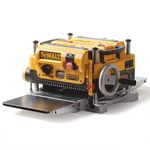
DeWalt 735X Planer

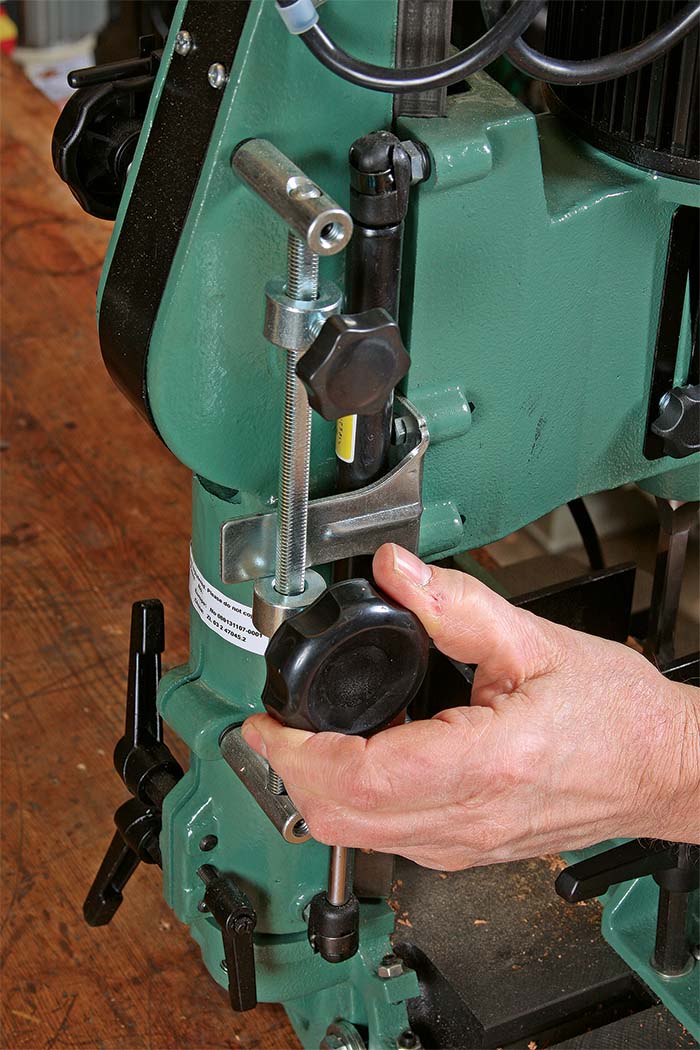




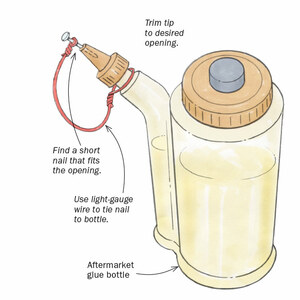
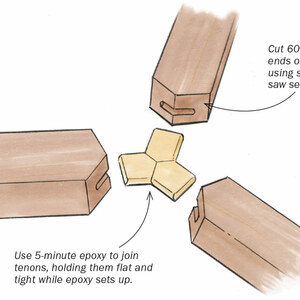



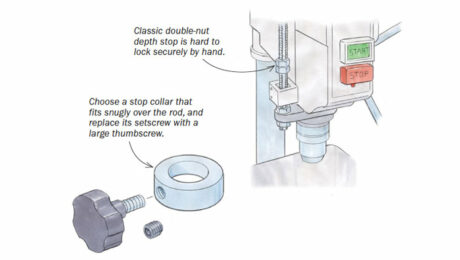
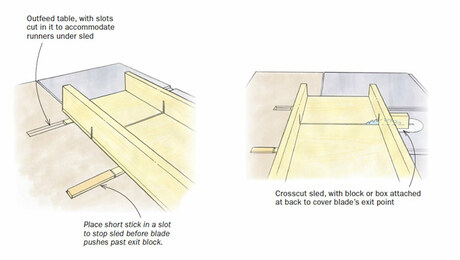
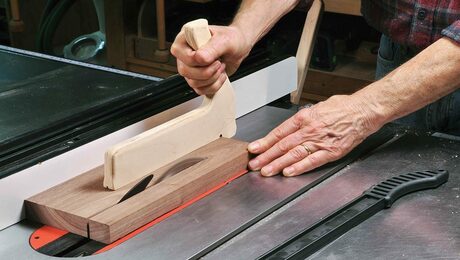
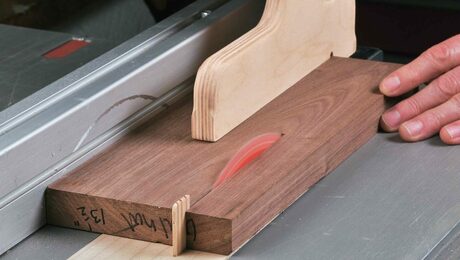








Log in or create an account to post a comment.
Sign up Log in